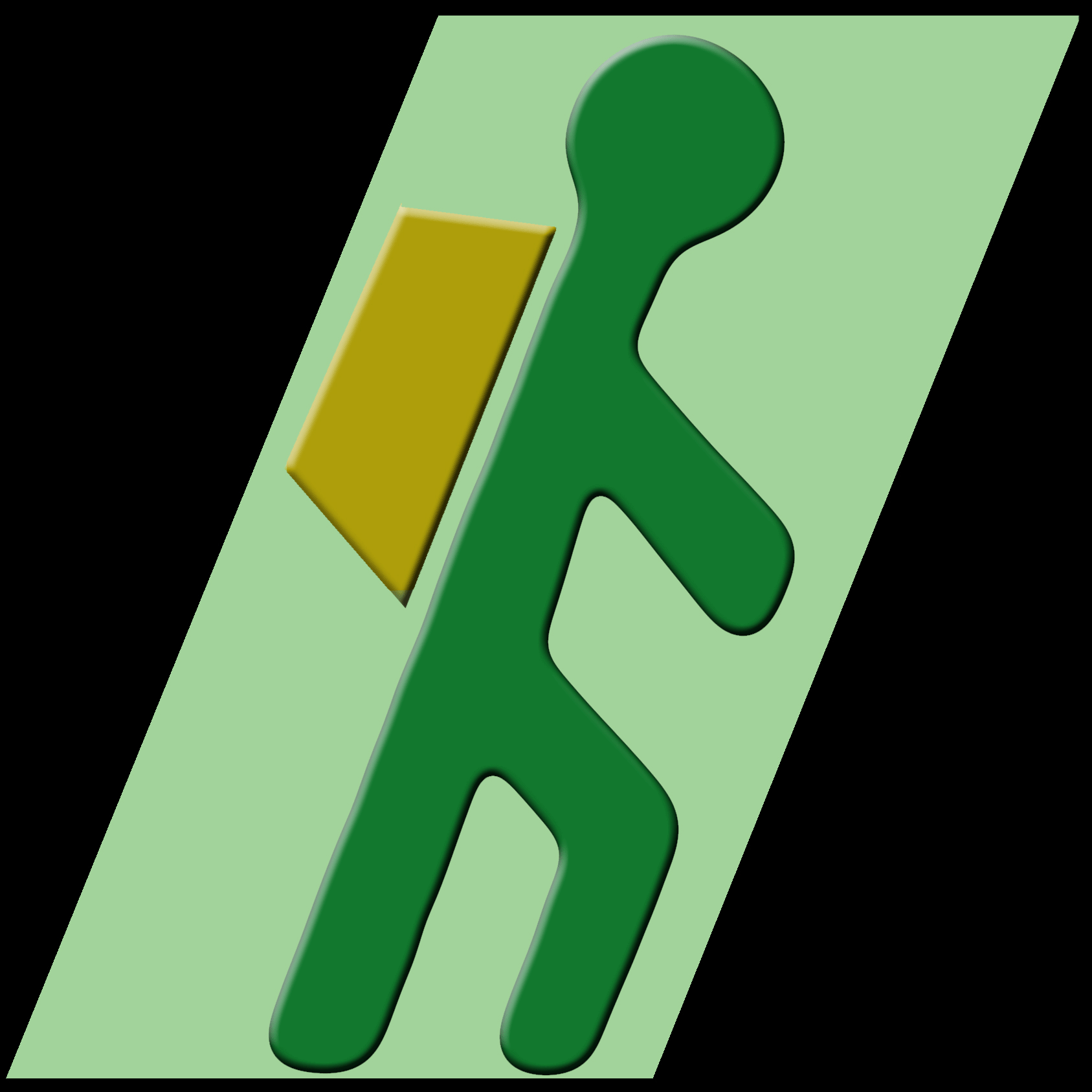
Johannesburg
Hiking Club
Health and Safety

Important Numbers
MCSA SEARCH & RESCUE
For mountain / wilderness emergencies in Gauteng, Free State, Mpumalanga, Limpopo, North West call:
Primary Emergency Number: 074 125 1385
Alternative Emergency Number: 074 163 3952
Have the following information available:
-
Your name & contact number?
-
Your exact location (GPS if possible)?
-
What has happened? When? Where?
-
Number of victims & bystanders? Injuries?
-
First aid given. Who else is on-scene to assist?
-
Local weather?
IMPORTANT: Stay at the Phone. We may need to contact you. Send someone else back to assist the injured
FOR MOUNTAIN RESCUE EMERGENCIES IN OTHER PROVINCES CONTACT:
Western Cape: 021 937 0300
South Cape (Plettenberg Bay/Knysna/George) - Tel: 10177 (Metro) or alternatively 082 339 1240
Eastern Province (Port Elizabeth): 10177 or alternatively 072 324 4985 / 073 755 2250
KwaZulu-Natal: 0800 005 133
General queries MCSA Johannesburg: 011 807-1310 (8-10am)
General queries MCSA Magaliesberg (Pretoria): 083 845 1573 (8-10am)
Other Important Numbers:
Tygerberg Poison Centre: 021-931 6129
Alternatively phone the local EMS;
NetCare 911 on 0829111
or ER24 on 082 124
or when using a cell phone dial 112.
If you have difficulty, try Gauteng EMS (011) 315 0203. Tell the operator that you need help because of a mountain emergency.

While most leaders will be carrying a first aid kit, each hiker should take responsibility for his/her own personal medical needs, such as asthma, diabetes, knee or ankle problems and sunburn. An effective first aid kit should be compiled considering the medical emergencies with which hikers and backpackers may be faced. Excessive bleeding, respiratory arrest and shock are the three most serious physical problems that may be encountered and require immediate ‘on site’ action. Other medical problems that may be experienced are:
-
Bites and stings – snakes, insects and ticks
-
Blisters
-
Bruises
-
Burns
-
Diarrhoea
-
Dislocation
-
Exhaustion
-
Hypothermia
-
Muscle cramps
-
Nose bleeds
-
Pan sprains
FIRST AID KIT
-
The following is a guideline, as to what a first aid kit should contain. It is recommended that all kits are in a clean, waterproof container to keep the contents safe.
Hardware
-
Small pair of sharp scissors
2 scalpel blades
1 small torch (Maglite)
Tweezers
Safety pins
Respi-aid
Software
-
Triangular bandage
2 x 50mm crepe bandages
2 x 100mm crepe bandages
1 x 75mm elastoplast roll
2 x 5 sterile gauze squares
1 space blanket
2 pairs examination gloves
1 packet cotton wool balls
Eye bath, eye pad/dressing
1 x 25mm roll of zinc oxide or elastoplast
20 x sealed individual plasters
Steri-strips, wound closure – used if patient requires stitches!
Wound dressings – non adhesive sterile (Telfa) dressing
Adhesive wound dressings (Primapore)
Plastic wound dressings (Tegaderm)
Burn shield
Very narrow gauze (ribbon gauze) for nose plugging
1 small and 1 large zip lock bag for contaminated articles
Medication
-
Antihistamine cream – Anthisan, Phenergan or Stopitch
Antihistamine tablets – Allergix x 10
Antacid tablets – Maalox or equivalent x 10
Antidiarrhoeal tablets – Immodium x 20
Anti-emetic suppositories – Valoid x 5
Anti-inflammatory cream – Voltaren or Reparil gel or equivalent
Anti-inflammatory tablets – Voltaren, Brufen, Norflam T
Antiseptic cream – Betadine, Savlon
Antiseptic solution – sachets – Betadine, Savlon
Ear drops – antiseptic/analgesic – Aurone
Eye drops – Voltaren and Sulphacetarmide ointment
Isotonic drink – Rehydrate or equivalent x 5
Nose drops – pseudoephadrine (very handy to use for a nose bleed if plugging is necessary)
Painkillers – Panado, Disprin, Norfex Co.
Water purification tablets x 50
Sterile water/saline – small vaculitre or 20ml plastic ampoules
TNT spray may also be added for angina pain (heart).
This is a relatively large first aid kit. A good way to carry all of the items on a backpack, would be to divide it into two or three where the leader and one or two experienced hikers would each carry a part thereof. Obviously it depends on the length of hike and the nearest to medical treatment.
Acknowledgements:
-
Dr. Arthur Morgan of the MCSA rescue team Hiking Trails of South Africa by Willie and Sandra Olivier